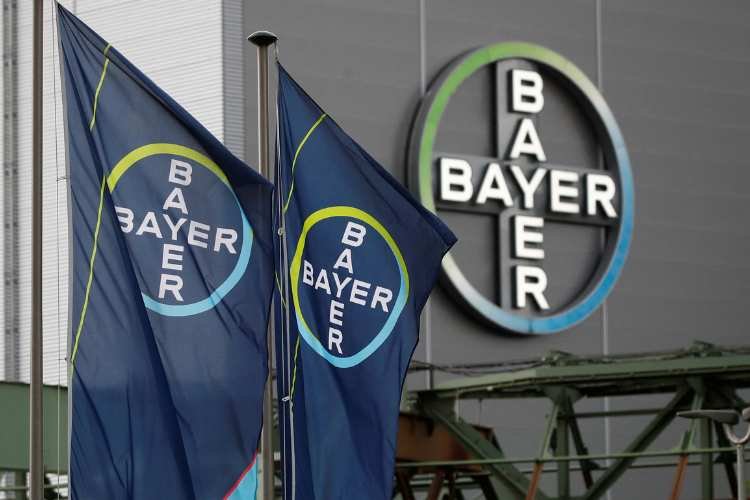In a significant move to address the challenges of scaling up the production of cell therapies, Bayer, through its subsidiary BlueRock Therapeutics, has inaugurated its first Cell Therapy Launch Facility in Berkeley, California. This state-of-the-art facility represents a substantial investment of $250 million by Bayer and is poised to play a pivotal role in advancing the manufacturing of cell therapies for global patients.
The newly established plant boasts a sprawling space spanning 100,000 square feet and will initially focus on the production of materials for late-stage clinical trials. It is also strategically equipped to support the potential commercial launch of BlueRock’s experimental cell therapy, bemdaneprocel, which holds promise for the treatment of Parkinson’s disease.
Currently, BlueRock is in the planning stages for the phase 2 study of bemdaneprocel, with patient enrollment expected to commence in the first half of 2024.
Also Read: Merck KGaA’s MilliporeSigma Invests €28 Million In 2 New MRNA Production Facilities
One of the standout features of the facility is its flexible and modular design, accommodating various aspects of cell culture, viral transduction, and automated filling processes for cell therapies, as highlighted by Bayer.
With an eye toward future expansions, Bayer has incorporated space within the facility for a second module of production suites. This forward-thinking approach will enable the support of additional cell therapies as the company’s portfolio continues to advance.
The Cell Therapy Launch Facility is an integral part of Bayer’s transformation of its dedicated biotechnology site in Berkeley, where the company has made substantial infrastructure investments totaling nearly $500 million over the past five years.
Also Read: Lotte Biologics To Construct 3 New Plants By 2030 After Land Purchase, Boosting Korean CDMO Capacity
This move by Bayer mirrors a broader trend in the cell therapy landscape, with other companies and organizations also investing heavily in advanced manufacturing capabilities. Last month, the Novo Nordisk Foundation announced a $136 million investment in a clinical production site known as the Cellerator, located at the Technical University of Denmark in Lyngby. The facility aims to serve various stakeholders in academia, biotech, and the pharmaceutical industry and is set to become operational in 2027.
Similarly, in June, the U.S. FDA approved commercial cell therapy manufacturing at Bristol Myers Squibb’s extensive facility in Devens, Massachusetts. This facility, dedicated to cell therapy, spans 244,000 square feet and represents BMS’s third commercial CAR-T manufacturing facility in the United States.
Bayer’s strategic investment in the Cell Therapy Launch Facility underscores the growing importance of advancing manufacturing capabilities to deliver cutting-edge cell therapies to patients worldwide.





























